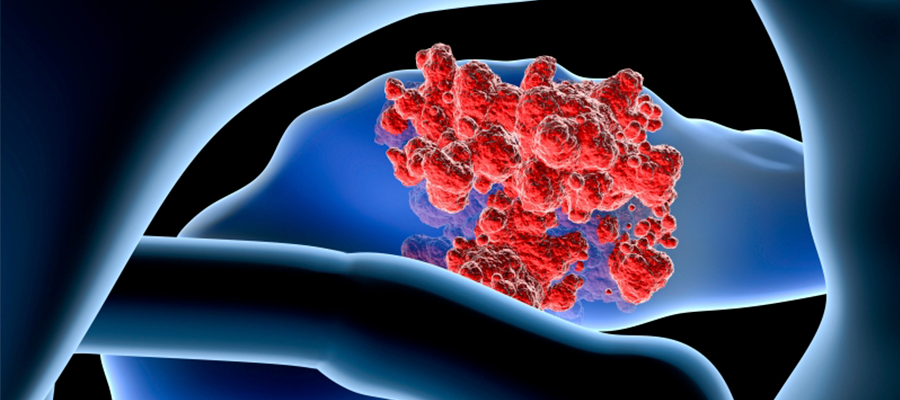Radiotherapy after surgery has lasting benefits for prostate cancer patients
19 Oct 2012
New research confirms that giving radiotherapy immediately after surgery to remove the prostate has long-term benefits for preventing the biochemical progression* of the disease. After 10 years, 61% of men who received immediate radiotherapy treatment remained disease free compared with 41% who did not, according to the follow-up of the randomised EORTC trial 22911 published Online First in The Lancet.
“These follow-up results reassure us of the continued benefit and safety of radiation therapy after prostatectomy for a large proportion of men with locally advanced or high-risk prostate cancer”, explains Michel Bolla from the Centre Hospitalier Universitaire A Michallon in France who led the research. “They also suggest that younger patients and those with positive surgical margins are most likely to benefit from immediate radiotherapy, whereas in older adults (aged 70 years plus) it could have detrimental effects.”**
Worldwide, prostate cancer is the second most common cancer in men after lung cancer. The main treatment is removal of the prostate, but for patients whose cancer has spread beyond the prostate the risk of recurrence can be 10–50%, and a course of radiotherapy is often prescribed to improve outcomes.
Bolla and colleagues followed 1005 patients with high-risk prostate cancer for more than 10 years to examine the effect of immediate postoperative radiotherapy (given within 4 months of surgery) versus watchful waiting until first signs of disease recurrence.
Even after 10 years, men given immediate postoperative radiotherapy still had significantly better biochemical progression-free survival compared with those who were only monitored, with no significant difference in severe toxicity. They also had substantially better local control and so were less likely to need hormonal therapy which can have considerable side effects after prolonged use.
But in contrast to initial (5 year) results, clinical progression-free survival was not significantly improved with immediate radiation therapy after 10 years, and radiotherapy had no effect on the 10-year rates of distant cancerous spread or overall survival.
Notes to Editors:
*Biochemical progression-free survival is determined by a patient’s level of prostate-specific antigen (PSA) in the blood. Biochemical progression was defined as an increase in PSA concentration to > 0.2 µg/L.
**Quote direct from author and cannot be found in text of Article.
The Lancet Press Office
Related News
EORTC: Advancing research and treatment for rare cancers
29 Feb 2024
EORTC Fellowship Programme: celebrating more than 20 years of impactful collaboration
22 Feb 2024
Appointment of Malte Peters as EORTC Strategic Alliance Officer
9 Feb 2024
Unique series of workshops in partnership with the European Medicines Agency (EMA)
7 Feb 2024
EORTC launches a prominent clinical trial in older patients with locally advanced (LA) HNSCC (Head and Neck Squamous Cell Carcinoma)
14 Dec 2023
Seven IMMUcan abstracts selected for ESMO Immuno-Oncology Congress 2023
6 Dec 2023
EORTC Quality of Life measures integrated in CDISC
20 Nov 2023
EORTC and Immunocore are collaborating to launch the ATOM clinical trial of tebentafusp in Adjuvant Uveal Melanoma
7 Nov 2023
Treatment with decitabine resulted in a similar survival and fewer adverse events compared with conventional chemotherapy in older fit patients with acute myeloid leukaemia
31 Oct 2023
New results and forthcoming EORTC trials in rare cancers, lung, head and neck, and breast carcinomas presented at ESMO 2023
20 Oct 2023


